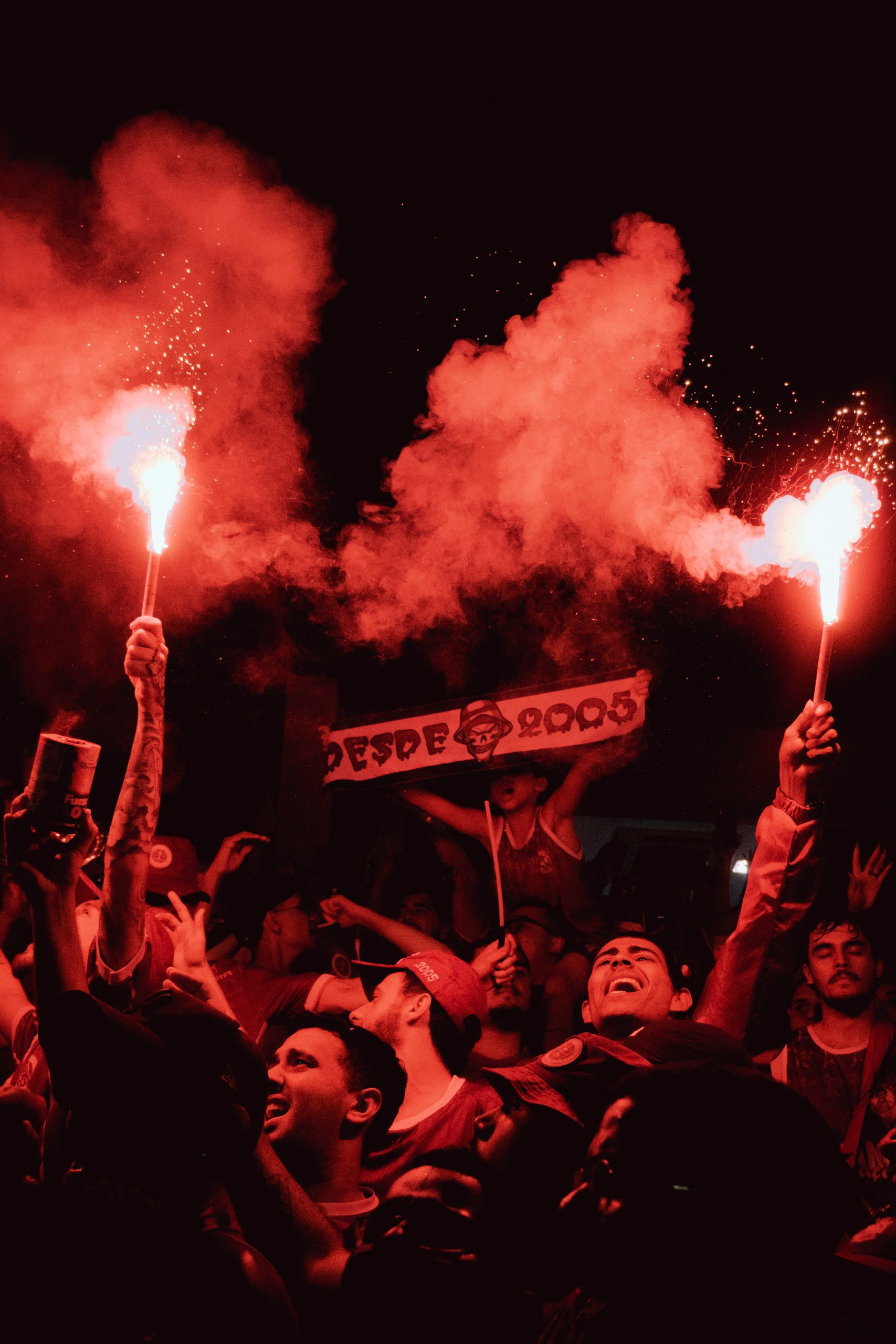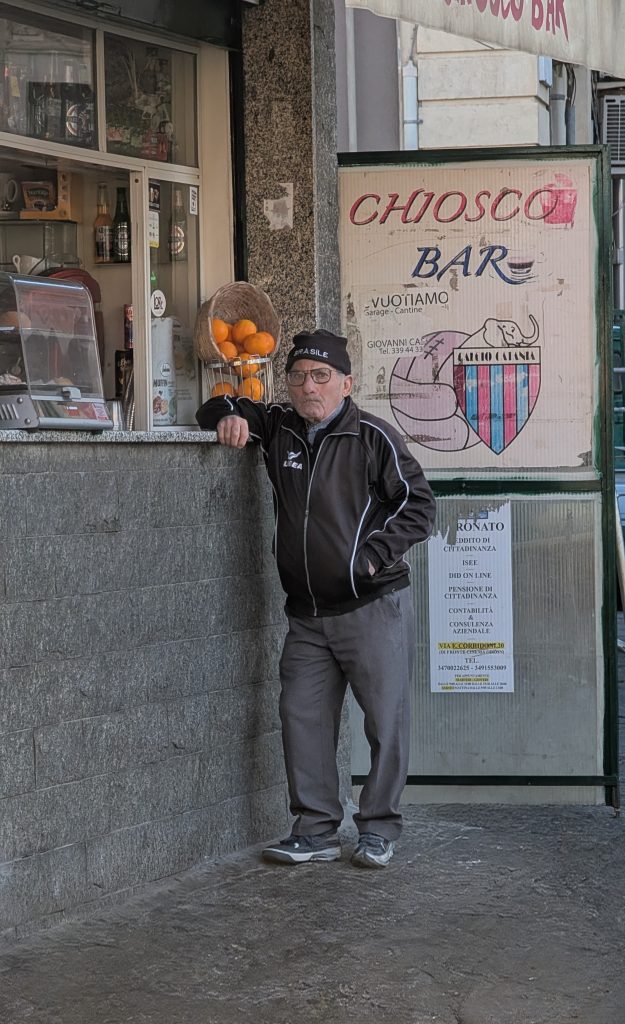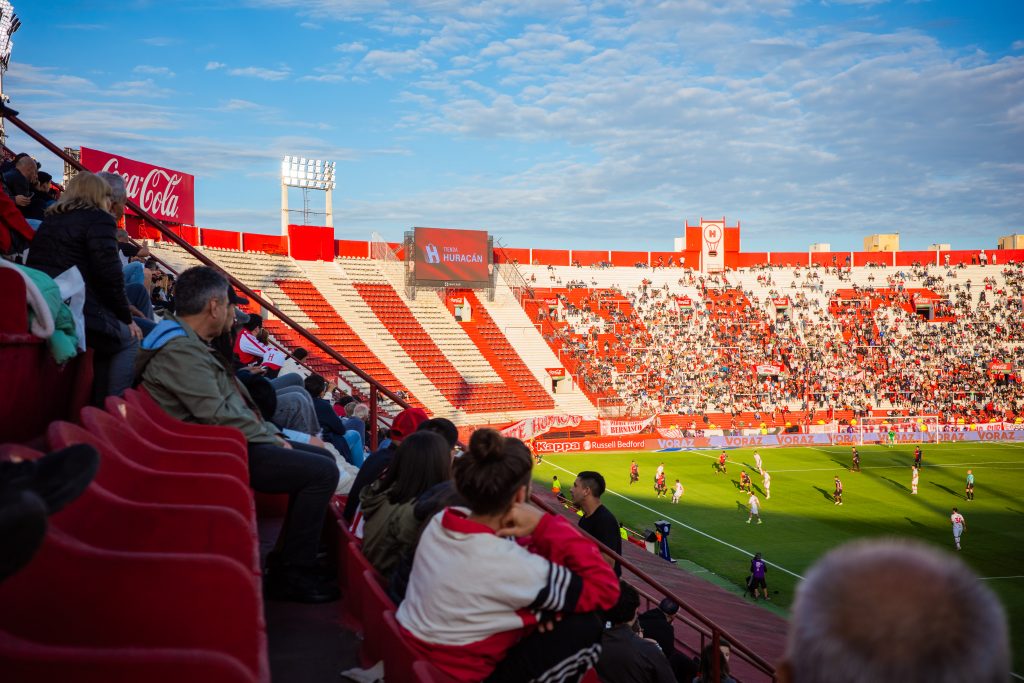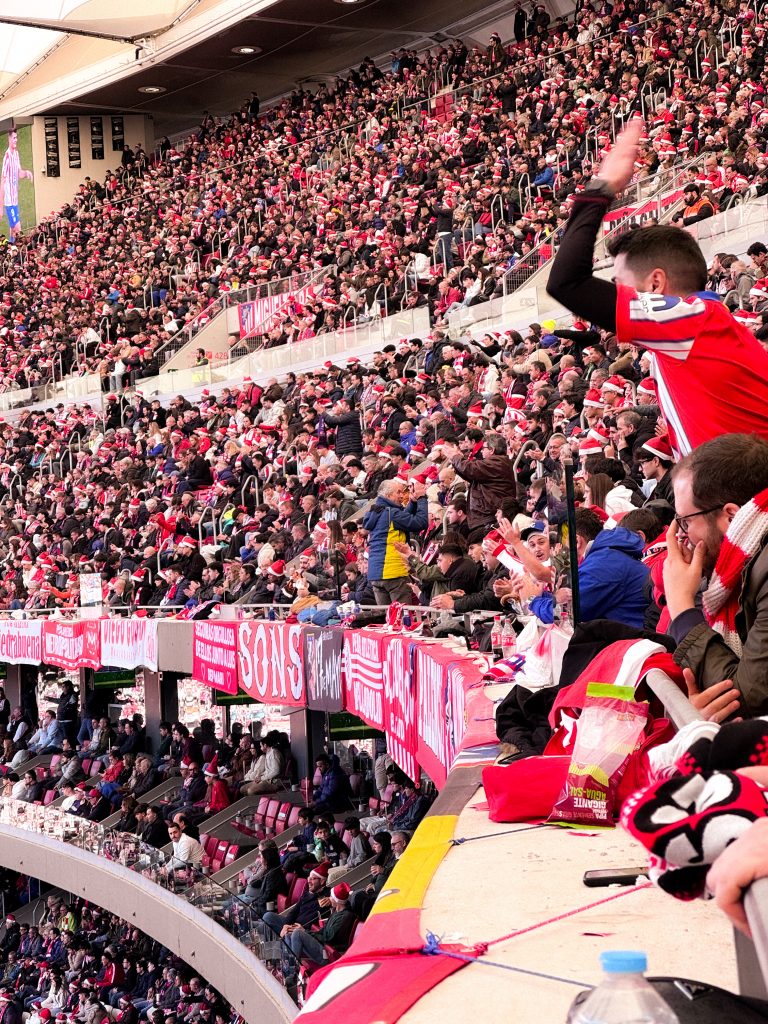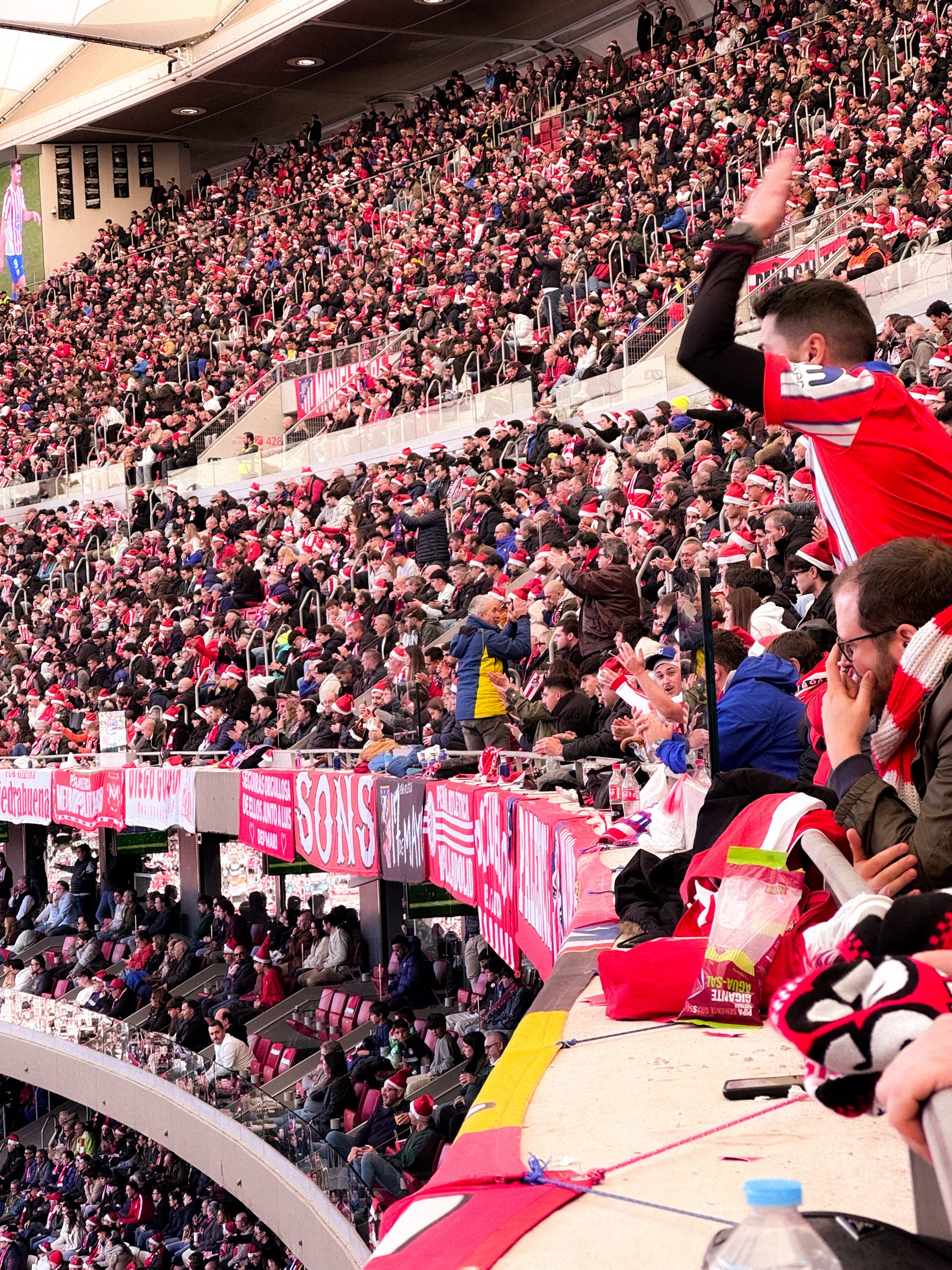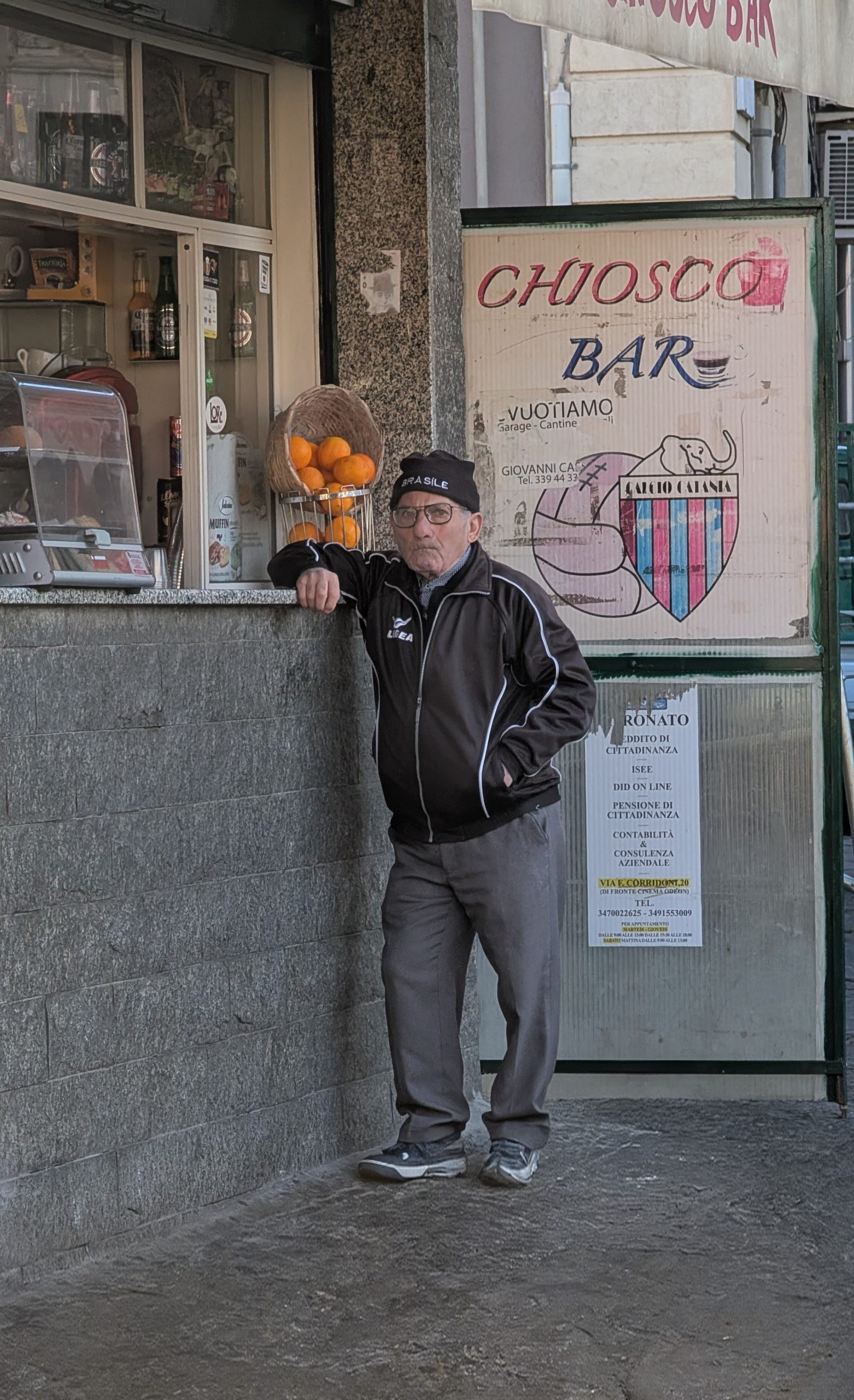“There’s something about that place that awakens a love for football in Espírito Santo.”
Founded in 1963, Desportiva Ferroviária carries a timeless tradition. Supporting “Tiva” is something that transcends generations — it’s passed down from father to son.
“Supporting the ‘Tiva’ is timeless,” says journalist Camila Müller. “It’s something handed down through family. I’m not a supporter of the Locomotiva Grená myself, but I am passionate about football in Espírito Santo, and it was my father, a former player, who helped me discover that love.”
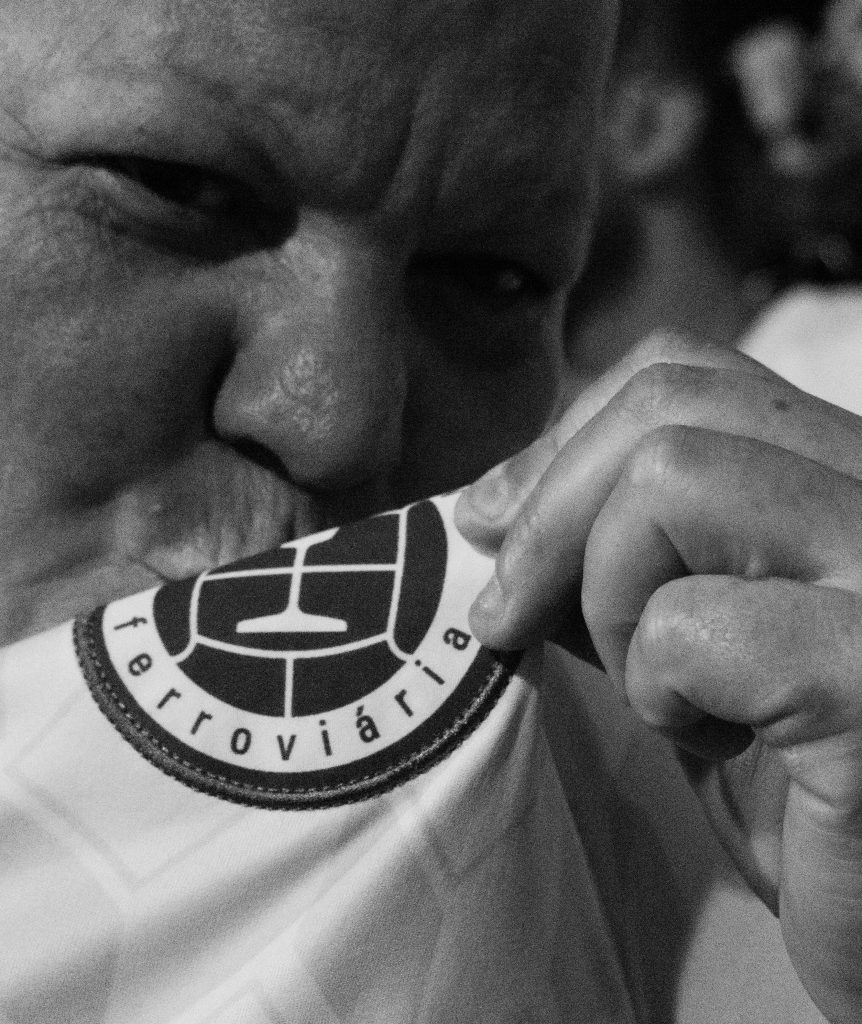

Camila’s story, like so many in Brazilian football, begins with a ball at her feet. “I started playing football when I was very young, with the only dream of becoming a player,” she recalls. “Unfortunately, that didn’t work out. But I found another way to stay close to my dream — through sports journalism — and that’s the path I’ve been following ever since.”
The Energy of Araripe
Much has been said about the atmosphere at Estádio Engenheiro Araripe, and Camila insists its reputation is well earned. “Whether for the home team or the visitors, the energy is unique,” she says. “There’s something about that place that awakens a love for football in Espírito Santo and, inevitably, for Desportiva’s fans.”
One match in particular stands out in her memory — the 4th round of the 2025 Copa ES, when Desportiva faced their biggest rival, Rio Branco AC.
“A 4–0 win at home,” Camila smiles. “The fans’ celebration was beautiful — energy, singing, and pure passion — a living tribute to the football of Espírito Santo.”

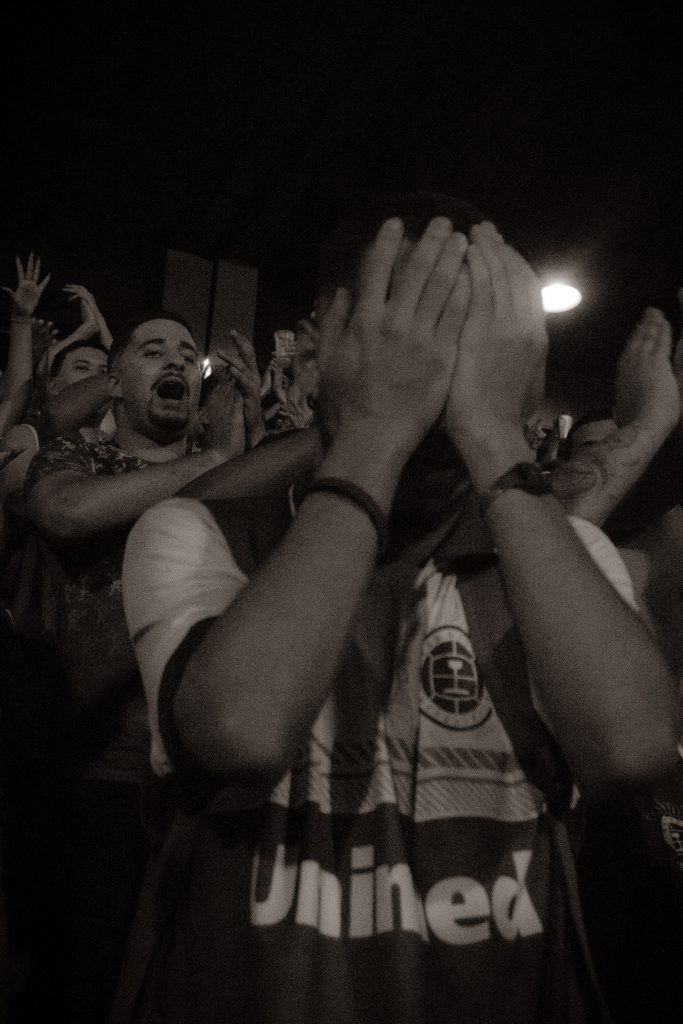
A State Rediscovering Its Football
Camila believes that football in Espírito Santo is slowly reclaiming its space on the national stage.
“In 2025, with clubs like Rio Branco AC, Rio Branco VN, and Porto Vitória FC gaining national recognition, the state is proving that it hasn’t been forgotten, as many tend to believe,” she explains.
At the heart of that revival stands Desportiva Ferroviária, already qualified for the 2026 Copa do Brasil. For Camila, the club remains a symbol of tradition, resilience, and the deep passion that football ignites in the hearts of the people of Espírito Santo.
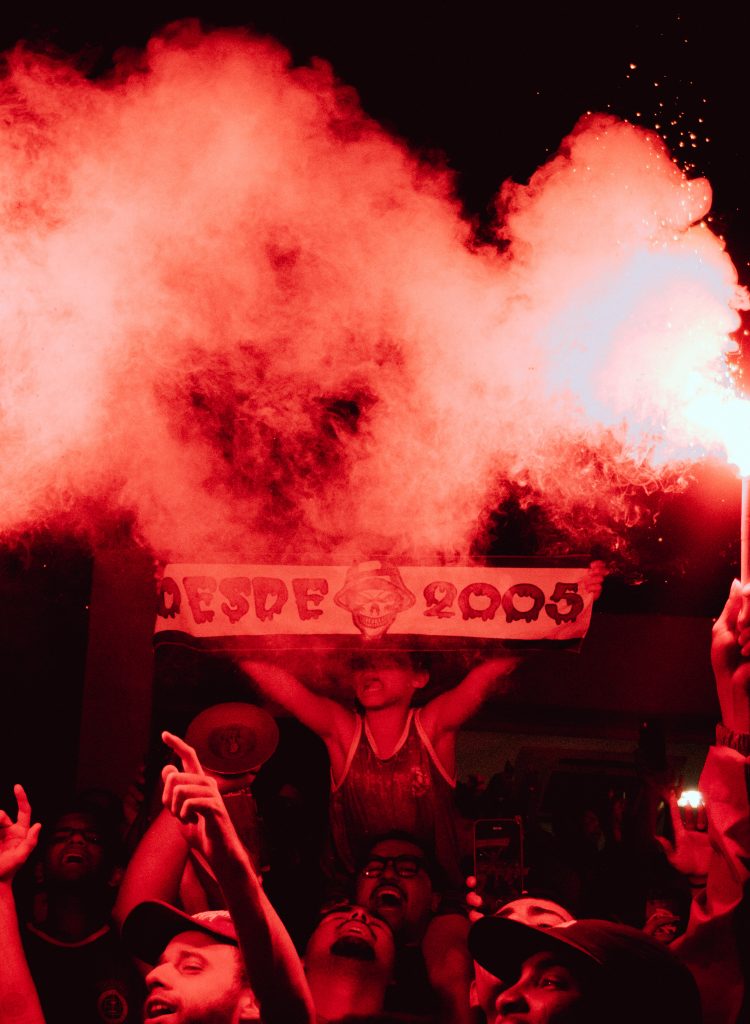
More Than Just a Club
“Supporting a club from Espírito Santo goes far beyond simply choosing a team and showing love for it,” Camila says. “It means having the strength and perseverance to support a kind of football that still needs to be seen — even by its own state.”
For her, that’s what makes Desportiva Ferroviária so special: a club that embodies not just a sporting identity, but a cultural one. One that continues to remind its people — and the rest of Brazil — that the heartbeat of football doesn’t only echo from Rio or São Paulo, but from every corner of the country where the game still feels like home.

All our thanks to Camila Müller
All images by Camila Müller

